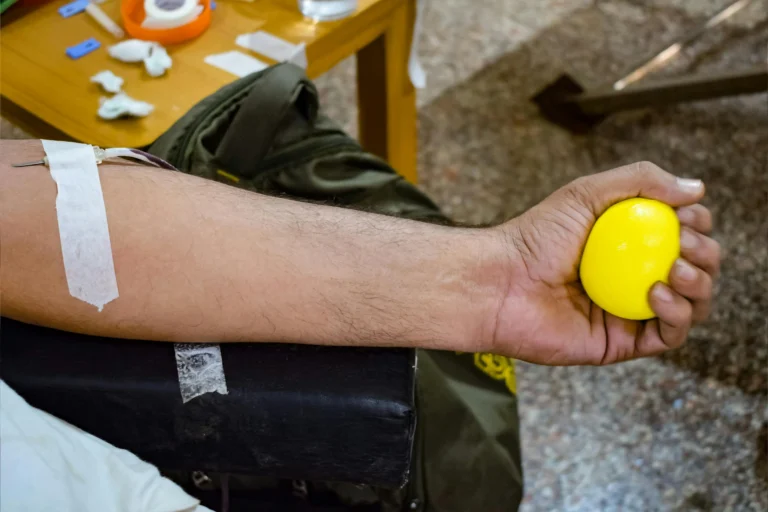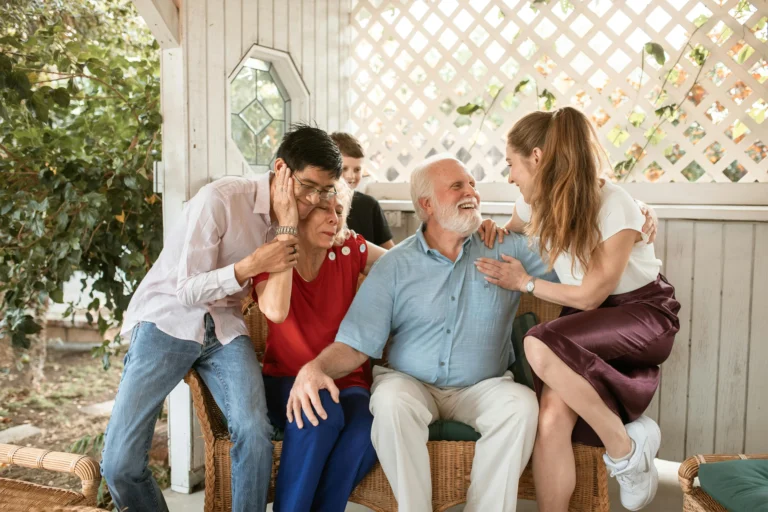Couples Therapy: Synchronizing With Chaos
Chaos and a Feelings Wheel
If your relationship is feeling disconnected or tumultuous, couples therapy might be the answer you’re looking for. From reducing the negative effects of stress to turning around failed communication or mismatched libido, therapy provides partners with the necessary tools to recommit and expand in unison. In the blog post, we will go through the benefits of couples therapy, how it helps synchronize your relationship and why it’s not for couples whose relationship is on the brink, but for everyone who wants to strengthen their relationship and enhance communication.
For couples seeking a holistic path to healing, Brocia offers a range of supportive therapies such as Softwave Therapy and Advanced Wellness 100a that complement counseling sessions. These therapies target both physical and emotional well-being, fostering deeper connection and resilience within relationships.
A Real Case: Sara & Naveed
Consider Sara and Naveed, for example. They weren’t yelling or cheating. Just… distant. A pall took up residence over the dinner table, laughter waxed and waned, and conversation generally recirculated around the ground-in tires of the same old fight. They didn’t just talk in therapy; they heard. In one or two sessions, they added tech-free dinners, which they referred to as their “Sacred Pause.” No grand gestures. Nothing, that is, short of a rapid influx of money and of a complete reconceptualization of their relationship.
Why premarital and couples counseling isn’t just for crises
Credit “She’s found the ultimate metaphor for ending therapy”
“I think something like therapy is for when people are failing. Nothing could be further from the truth This bunch stoops to the lowest form. Therapy is also increasingly a screen, a prophylaxis a way of hastening to say good purchase now on the quality of your (short) future.”
Here’s what it can help with:
🔄 Better communication
❤️ More emotional connection
💬 To shut down an argument (that isn’t about war)
Shared values and objectives were identified.
And no, that is not weak. It’s a signal that you value something enough that you’ll work for it.
A Sam and I session! This is how a session with Sam goes!
Part 1: Guld & HustlaGangsta
You want a title? These bars, I can roll down. Now we have an answer to the “fasciculation” movie above. You’re running from the shrink. Who can relate when you’ve escaped from the only stuff we had to make us free? You make the rules and the vows.
Step 2: Listen, and Don’t Just Talk
- There needs to be some listening, not just talking.”
- You don’t interrupt you just listen.
- It’s not a screaming match, but it’s calm a “he-said, she-said” kind of thing.
Step 3: Pattern Mapping
Kind of like you’re having the same argument all the time, right? That’s what the therapists are for: to help us figure out what the fuck it is that we even hapless are in the first place, yo, and to start to make a run away from wherever those toxic loops wherever are, even if you don’t feel like they are, because if you’re in them, they can at least remind you that they are, make you self-aware enough to try to flee.
Step 4: Micro-Habits
Still, quick, potent tools like these six, whether you have to pull over in the middle of a fight, or whether you have to say one thing out loud every day that you’re grateful, can make the difference it takes to feel good.
Step 5: Homework
Not the boring kind. And it can be as simple as taking a walk, writing a letter, or hosting a group of friends for a “no cellphone dinner.”
Who’s Good for These Types of Therapy and How to Find a Therapist
Types of therapy
Here are some common types of therapy, along with when they might be good for you, and how to find therapists who offer these approaches.
Therapies: Psychoanalytic and Psychodynamic
Therapy Style
Psychoanalytic and psychodynamic therapies help unearth unconscious patterns and experiences that influence present feelings and behavior. These therapies aim to access and bring awareness to repressed ideas, conflicts, and feelings that might be influencing the relationship.
Best For
Ideal for couples who are grappling with long-standing emotional wounds from childhood or previous relationships. Great for couples looking to learn the cause of their emotional hang-ups.
Emotion-Focused Therapy (EFT)
Best For: If you are a couple “in pain” or your relationship gets “in the way.” With EFT, couples learn to identify and work with their emotions in a safe and positive manner. It’s especially useful for couples who are feeling emotionally distant or disconnected.
On edge, strained relations.
EFT aims to create an emotional bond with one another, enabling a level of intimacy and trust to rise and connect the pair.
Narrative Therapy
Best For: Edit your marriage “story.” Narrative Therapy helps partners reconstruct and re-author the story they’ve been telling themselves about their relationship. It’s about replacing self-defeating narratives with more positive and empowering ones.
Interested in trying a few of these restorative strategies?
If you’re interested in reading more, here’s our explainer on the American Psychological Association.
14 Warning Signs A Couples Therapist Could Be The Answer
And if you can check one or two of these off the list and it’s not a big deal, fine, but 3 or more of these and the odds are that you could use some help.
- You argue more than bond
- I begin at a point where I consciously feel myself anxious or uncomfortable in speaking.
- And approaching is the boredom-jealousy, the snaky envy of the boredom man.
- Life events (baby, deaths, jobs) are creating pressure points in your relationship.
- You do have love, and you do want to grow old with them.
Wait. Hold That Thought.
I always say that therapy is like a tuneup for a relationship. Before your axle strips, you’re going to change the oil, correct?
And the best part? The vast majority of couples get counseling early on, and they fix whatever little thing is finally the one thing that tips them over the edge, as a team. Fend When to Fend and WhateverBack on point never surrender, fight till the last, everyone does it for their side.
Key Takeaways:
- counseling is for better, not for bitter
- (A piece on why EFT approaches, and Gottman view couples from a different perspective.
- “All that small stuff, the slow, gradual change that’s always been the groundwork to those big success stories.
- You are in a long, happy partnership and you think you might need couples therapy in order to continue to be happy
FAQs: Let’s Clear the Air
1. What is talk therapy, and what are its different modalities?
‘Talk’ therapies All that bit is of the talking, therapy of the mind, psychotherapy (my obsession), CBT, psychodynamic psychotherapy, even EFT (emotionally focused therapy), or, why not, a safe couple’s conversation into those same eyes of a third, the therapist.
2. What’s the name of the talking therapy?
We label that “psychotherapy” or “counseling.” CLICK IT: It’s a struggle to confront emotional awareness It’s a struggle to face war in therapy.
3. For less useful talk therapy?
Sometimes you need to leave and try a different therapist to try a different way. Therapists are not one-size-fits-all, but don’t despair just yet.
4. What happens in the brain when we talk a widely studied factor in psychotherapy, known as talk therapy?
It varies. The behavioral styles (CBT, Gottman) and the more narrative, emotional ones, for example. That’s what you mean in whatever you mean’.
Integrating evidence-based approaches such as couples therapy with supportive wellness practices has been shown to enhance relationship satisfaction and emotional health. The Gottman Institute emphasizes the role of emotional regulation techniques like breathwork in improving communication and intimacy. Additionally, experts highlight co-regulation as a vital skill in healthy partnerships.
Final Thoughts
Couples therapy is not only for relationships on the brink of failure. it’s for anyone in love who wants to deepen their connection. The reality is that relationships always have their ups and downs. But couples who get help early, stay curious about each other, and commit to learning new ways of listening and responding often emerge stronger than ever.
Whether that’s incorporating micro-habits, drawing communication patterns, or in the case of a “Sacred Pause,” therapy is about zooming out to re-create a “hothouse of safe space” to make sure both parties feel heard, respected, and plugged back into each other.
If your relationship feels “off,” even a tiny bit so, that’s enough to trigger action. Therapy is not a weakness. it is a vehicle for growth.






